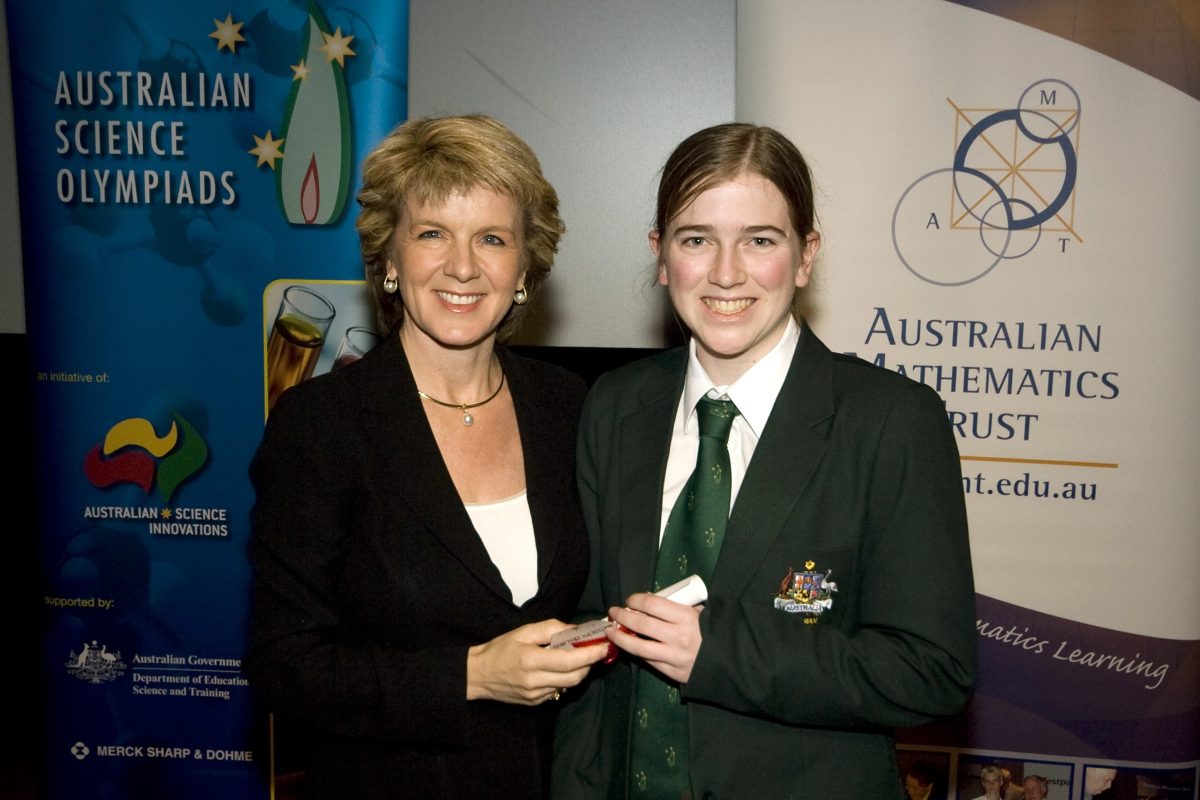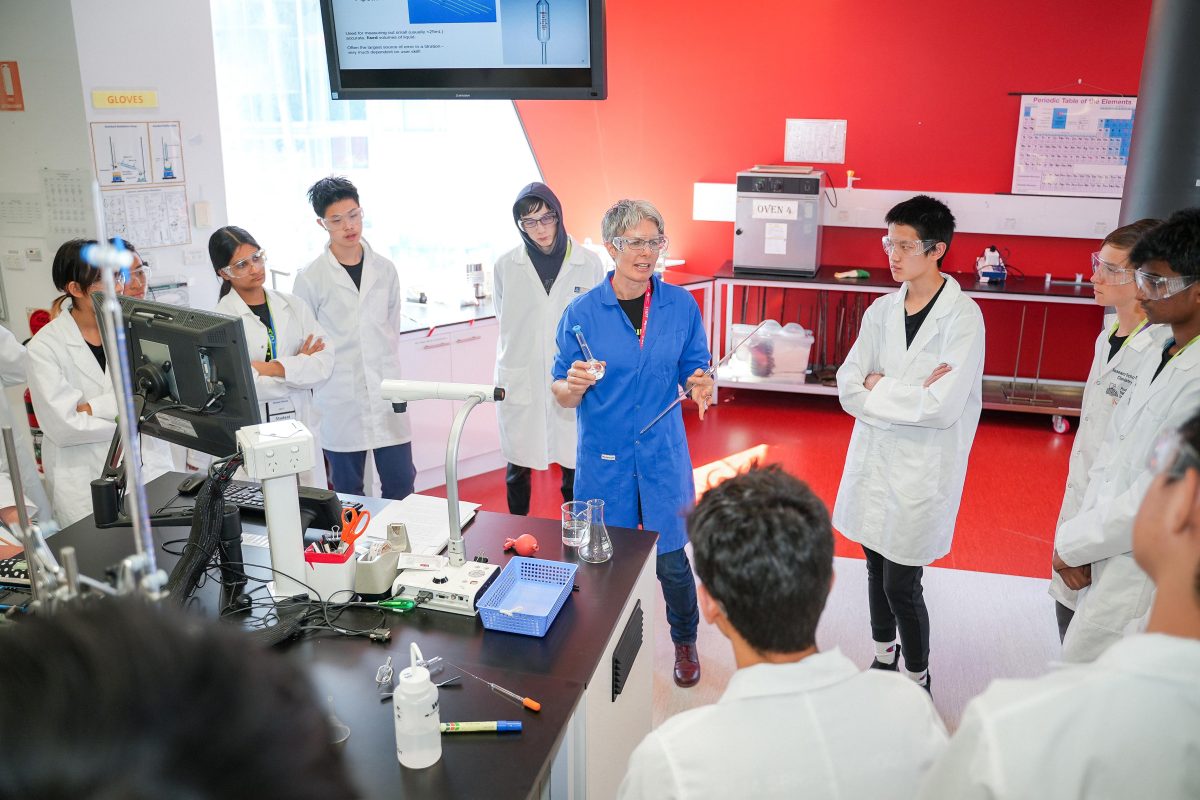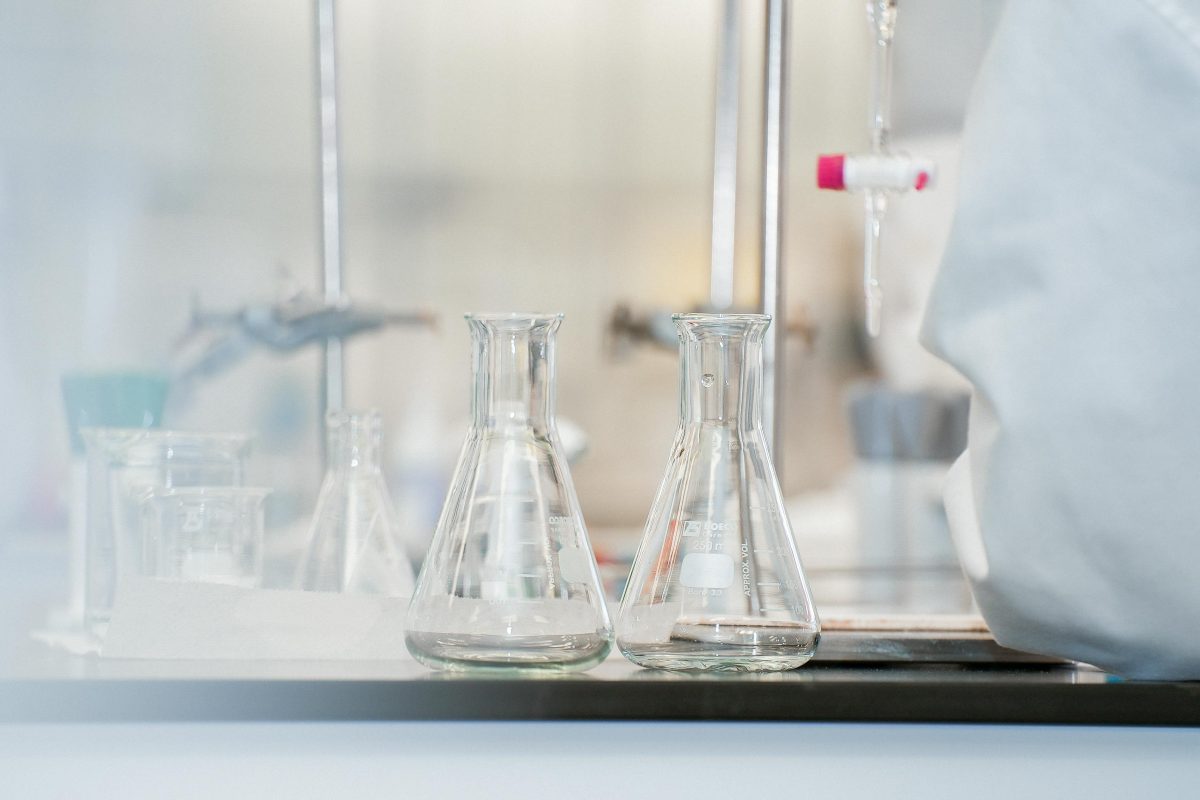Matthew Sorell – 1987 IPhO
Dr Matthew Sorell was surrounded by science from a young age and became an electronics enthusiast before he was ten years old.
“We moved to Adelaide in 1977 when my father started as a laboratory manager at Flinders University, previously he’d been a physics teacher and then medical physicist,” he says. “My mother was a language teacher, so I also started learning Latin.”
His STEM talents landed him a spot in an academic primary school and a music scholarship for flute at St Peter’s College in Adelaide. “I was nerdy, and proud of it,” he says.
Matthew was selected to be on the very first Australian team for the 1987 International Physics Olympiad in Jena, Germany. “Back in 1986, Prof Rod Jory was running the National Science Summer School … he approached those of us who could answer the questions to take a practical test,” he says. “For me, the theory and practical tests came naturally.”
He loved every minute of his Olympiad journey, from travelling into the German Democratic Republic on a rare visa to making lots of friends. He also spoke German fairly fluently and often acted as an interpreter for the more technical presentations.
Matthew knew he’d become an electronics engineer from an early age, so he completed a Computer Systems Engineering degree and a Science degree in physics. “At the end of first year, I did some experimental work in radiotherapy at the Royal Adelaide Hospital, and by the end of second year I had a cadetship with the Defence Science and Technology Organisation,” he says.
He has now been an academic at the University of Adelaide for nearly 20 years and was more recently appointed Adjunct Professor of Digital Forensics at the Tallinn University of Technology in Estonia.
“These days I apply my long experience of computers and technology – going back to the 1970s – to helping law enforcement agencies investigate crime using digital evidence,” he says. He runs a private business in digital forensic investigation and is a scientific advisor to a European project on mobile phone forensics.
Matthew has three pieces of advice for students considering a career in STEM: follow what you are passionate about, put that passion ahead of what others think is a good career choice, and take risks.
For those sitting the Olympiads qualifying exams, he reminds them that “the Olympiad experience, whether you get to a training camp or the Olympiad or not, opens your eyes to what is possible and opens doors that you don’t even realise exist.”
In his spare time, Matthew rings church bells and loves to travel.



